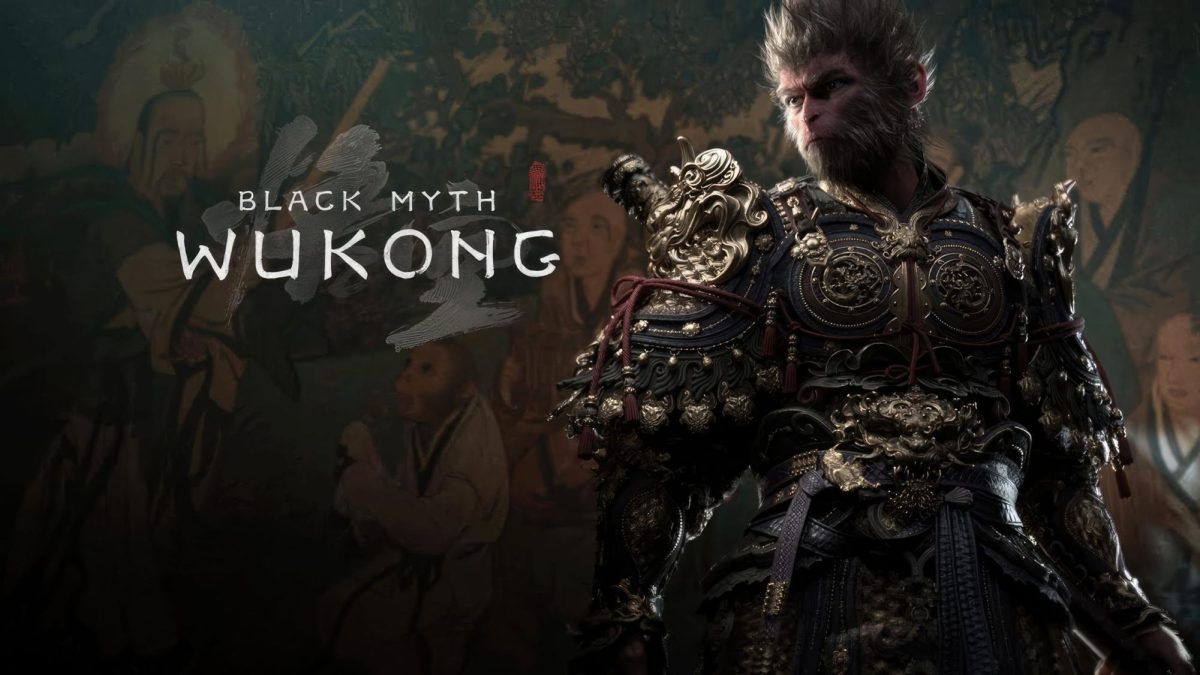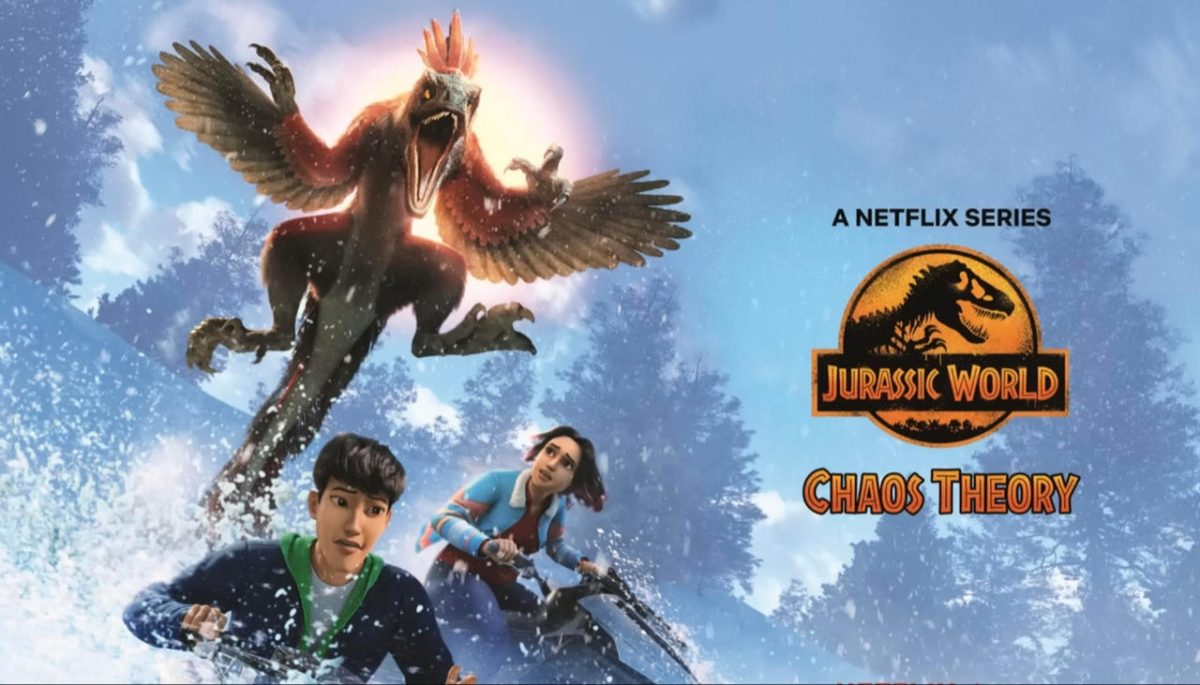Black Myth: Wukong is a new game born of Chinese developers; the first chinese game to be ever called AAA, a pinnacle of game creation. In a time of Chinese training drills around Taiwan, it could be wondered whether this is a way the Chinese are trying to use subtle propaganda to weaken the west. In short, no.
Black Myth: Wukong is an overall inoffensive game, with a lack of overt pro Chinese themes, based on a story crafted 1300 years ago. Issues arise with the marketing of the game and how it was censored but does that disparage the game and its messages and quality? No.
Propaganda is a prevalent thing in the world, some say that every piece of media we consume is propaganda. It’s all telling us to do something, buy something, believe something. Black Myth: Wukong worries people as it’s Chinese media breaking into the states and capturing the attention of our children who play it for hours at a time. We have to think of the messages it could push to impressionable youths.
The game is however faithfully about “Journey to the West,” a famous Chinese myth brought into popular culture many times through its themes and main character Sun Wukong. It can also be seen in other video games like Pokemon, League of Legends, and Civilization. His likeness and character also appears in more popular media like Dragon Ball Z, Kung Fu Panda, and featuring the issues of DC and Marvel comics. In short, Wukong has inspired a lot of western and even global media, his newest journey to the west is not a new one or even close to being novel.
From an outsider seeing the game it’s important to understand if games influences you and your beliefs. In an interview with Anthony Steady, a DHS social studies teacher who teaches classes on psychology, he had a few things to say. In response to questions on how games influence children, he was not worried about games like Black Myth: Wukong, instead mentioning the larger issues of child gambling and how the popularity of that impacts children more. “If you are able to go to any twitch streamer or kick streamer and they are promoting online gambling to kids. I refuse to believe that’s not impacting kids,” he said. Is this the problem we should be focusing on? What stands to damage the youth more? Should we be focusing on the subtle messaging of a game based on a 1300 year old myth disconnected from modern China? Or on things damaging children’s brains right now?
Considering an inside point of view for the game is also important. I have been considering it from an outside perspective, but ideas from people who have played the game hold massive value. Chris Staffieri, a social studies teacher at DHS and an avid player of games, comments on the game saying that the quality of art was “unlike anything I’ve ever played,” but when asked about the message pushed by the game, he simply said “resilience.” The game pushes you through thrilling combat and unrelenting difficulty. That is the quality of a game, nothing more. Direct from someone who enjoyed the game, he felt no compulsion to support China. To him, the game simply delivers as a game and nothing more.
With this knowledge it’s easy to say that the introduction of a story faithfully done many times won’t adversely influence our children. But there are issues; how many people choose to interact with games first is through YouTubers, and general content creators. These creators, however, are those who received it early and were forced to moderate what they spoke about. The players were instructed in a clearly marked DON’ TS category not to mention “content related to China’s game industry policies, opinions, news, etc” and instructed not to “use trigger words such as ‘quarantine’ or ‘isolation’ or ‘COVID-19’” with quotes coming from TheGamer. This information serves to disparage the relatively uncontroversial ideas behind the game. This information confirms that the people initially spreading the game, were restricted from discussing potential issues with the game’s creators and any controversies involved with the Chinese state. Now the people who accept these deals are often just popular gamers who want to play cool and interesting games. However the fact still stands that the game’s producers Game Science requested censorship over any opinion that goes against Chinese interest. Is that an issue with the function of the game as a game? No.
In summation, Black Myth: Wukong is a stellar product of game design that is caught up in the politics of its place of creation. This game is telling the story of “Journey to the West,” a story covered hundreds of times by companies around the globe. Games are not vehicles of mass propaganda, with larger issues of child gambling, the issues surrounding it are more prevalent then the ones around potential Chinese propaganda. From a player, the game was beautiful with only the messages of resilience heard. The way the game was released for the first players contained controversy about the political affiliations of the company surrounding the game, and the messages they wanted to push and keep hidden. But all in all, it is a quality product that is not a piece of “Quality Propaganda.”



























